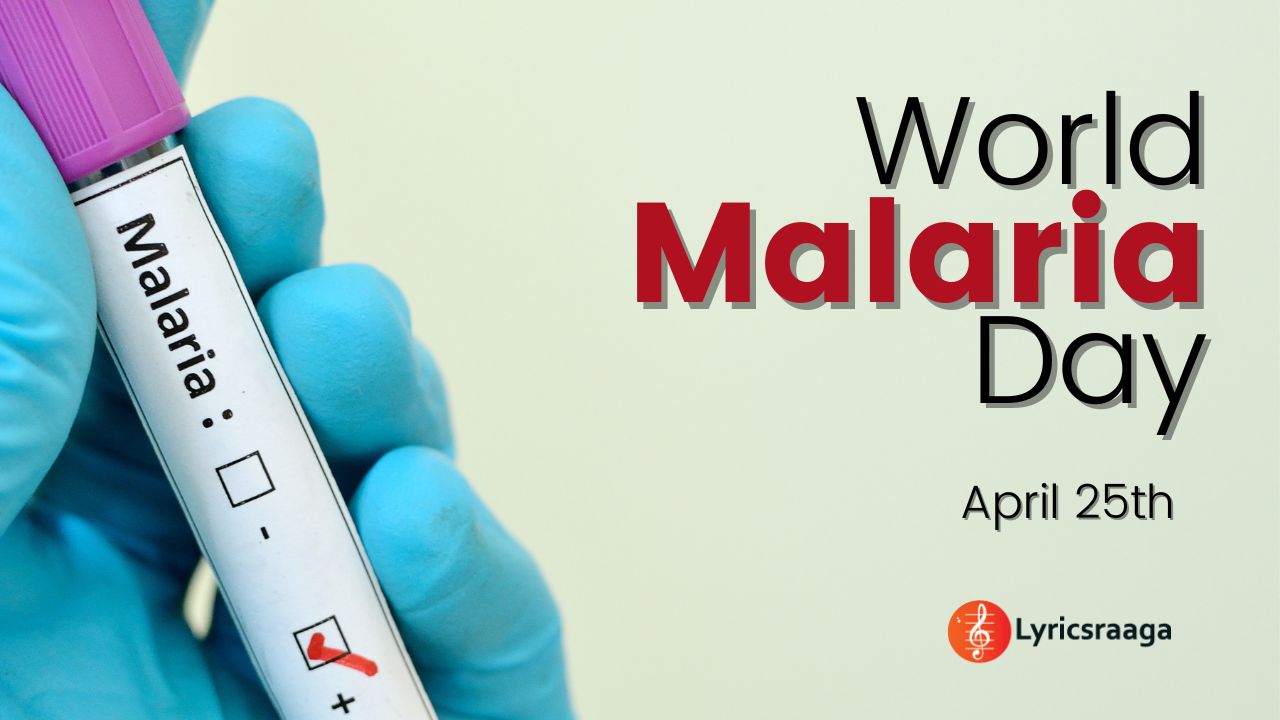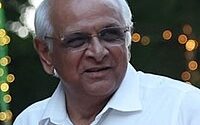World Malaria Day – History | Significance | Themes | Quotes
World Malaria Day – History | Significance | Themes | Quotes: World Malaria Day is observed every year on April 25th to raise awareness about malaria and its impact on the world. The day is an opportunity to highlight the need for continued investment and political commitment to control and ultimately eliminate malaria.
Malaria is a life-threatening disease caused by parasites that are transmitted to people through the bites of infected mosquitoes. It is a major public health problem that affects people in tropical and subtropical regions of the world, particularly in sub-Saharan Africa.
According to the World Health Organization (WHO), there were an estimated 229 million cases of malaria worldwide in 2019, with 409,000 deaths. Most of the deaths occur in children under the age of five.
The theme for World Malaria Day 2023 is “Accelerating towards a malaria-free world: Innovate. Engage. Eliminate.” This theme highlights the need for innovation in malaria control and elimination efforts, as well as the importance of engaging communities and stakeholders in the fight against the disease.
On this day, various organizations and individuals around the world organize events and activities to raise awareness about malaria and the importance of prevention, diagnosis, and treatment. These events include health talks, community outreach programs, malaria testing and treatment campaigns, and fundraising activities to support malaria control and elimination efforts.
World Malaria Day History
World Malaria Day was first observed on April 25th, 2008, after it was officially recognized by the World Health Assembly in December 2007. The day was established to raise awareness about the global burden of malaria and to mobilize resources for malaria control and elimination efforts.
Malaria has been a significant public health problem throughout human history. It is estimated that the disease has killed more people than any other infectious disease in human history. Malaria is caused by the Plasmodium parasite, which is transmitted to humans through the bite of infected Anopheles mosquitoes.
The World Health Organization (WHO) has been at the forefront of efforts to control and eliminate malaria. In 2000, the WHO launched the Global Malaria Control Strategy, which aimed to reduce the global burden of malaria by 50% by 2010. The strategy was successful in reducing the incidence of malaria in many countries, but progress was slower than expected.
In 2005, the WHO launched the Roll Back Malaria Partnership, which is a global platform for coordinating efforts to control and eliminate malaria. The partnership brings together governments, non-governmental organizations, private sector companies, and academic institutions to work together to fight malaria.
The establishment of World Malaria Day in 2008 was an important milestone in the global effort to control and eliminate malaria. The day provides an opportunity to raise awareness about the impact of malaria on communities around the world and to mobilize support for malaria control and elimination efforts.
World Malaria Day Significance
World Malaria Day is significant because it raises awareness about the global burden of malaria and the need for continued investment and political commitment to control and ultimately eliminate the disease. Malaria is a preventable and treatable disease, but it continues to have a significant impact on global health, particularly in low- and middle-income countries.
World Malaria Day provides an opportunity to:
Raise awareness about the impact of malaria on communities around the world: Malaria has a significant impact on the health and well-being of individuals and communities. By raising awareness about the disease, World Malaria Day helps to ensure that people understand the risks and take steps to protect themselves and their families.
Mobilize resources for malaria control and elimination efforts: Malaria control and elimination efforts require significant resources, including funding, technical expertise, and political commitment. World Malaria Day provides an opportunity to mobilize resources and support for these efforts.
Highlight the need for continued innovation in malaria control and elimination efforts: While progress has been made in reducing the global burden of malaria, there is still a long way to go to achieve the goal of malaria elimination. World Malaria Day highlights the need for continued innovation in malaria control and elimination efforts to ensure that progress is sustained.
Engage communities and stakeholders in the fight against malaria: Malaria control and elimination efforts require the engagement of communities and stakeholders at all levels. World Malaria Day provides an opportunity to engage communities and stakeholders in the fight against malaria, and to ensure that they are aware of the role they can play in preventing and controlling the disease.
World Malaria Day Themes
Each year, World Malaria Day has a different theme to focus on a particular aspect of the global fight against malaria. Here are some of the themes of World Malaria Day from the past few years:
2022: “End Malaria for Good” – The theme for 2022 aimed to raise awareness about the goal of ending malaria for good, highlighting the progress made towards this goal and the need for continued investment and political commitment to achieve it.
2021: “Reaching the zero malaria target” – The theme for 2021 focused on the need to accelerate efforts towards achieving the goal of zero malaria, highlighting the progress made so far and the remaining challenges.
2020: “Zero malaria starts with me” – The theme for 2020 emphasized the role that individuals and communities can play in preventing and controlling malaria.
2019: “Zero malaria starts with me” – The 2019 theme was the same as that of 2020, emphasizing the role of individuals and communities in preventing and controlling malaria.
2018: “Ready to beat malaria” – The theme for 2018 aimed to raise awareness about the progress made in the fight against malaria and the need to maintain momentum towards eliminating the disease.
2017: “A push for prevention” – The theme for 2017 focused on the importance of prevention, particularly in the context of malaria elimination.
2016: “End malaria for good” – The theme for 2016 aimed to raise awareness about the goal of ending malaria for good and the need for sustained commitment and investment to achieve it.
Each year’s theme reflects the current priorities and challenges in the fight against malaria and aims to raise awareness about these issues to mobilize support for malaria control and elimination efforts.
World Malaria Day Quotes
Here are some quotes related to World Malaria Day:
“Malaria is an entirely preventable and treatable disease, and we can and must do more to end its unnecessary suffering and death.” – Tedros Adhanom Ghebreyesus, Director-General of the World Health Organization
“Malaria is a disease of the poor, and it disproportionately affects the most vulnerable populations.” – Ray Chambers, Special Envoy for Malaria of the United Nations Secretary-General
“Malaria is a disease that can be prevented and treated, but it requires sustained commitment and investment.” – Margaret Chan, former Director-General of the World Health Organization
“Ending malaria for good will require the sustained commitment of governments, civil society, and the private sector.” – Winnie Byanyima, Executive Director of UNAIDS
“We must work together to ensure that all people have access to the tools they need to prevent and treat malaria, regardless of where they live or their ability to pay.” – Bill Gates, Co-Chair of the Bill and Melinda Gates Foundation
These quotes emphasize the importance of sustained commitment and investment in the fight against malaria, as well as the need to ensure that all people have access to the tools they need to prevent and treat the disease.




